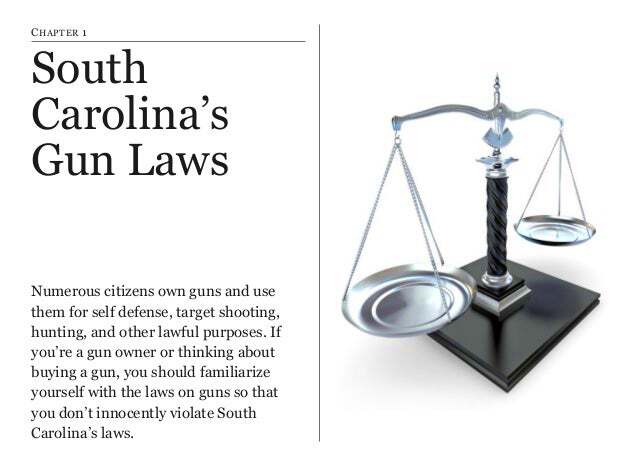South Carolina Gun Laws Explained
The gun laws of South Carolina are particularly unique to their region. It focuses on different aspects of this law such as ownership, concealed carry and open carry rules among others. People need to know about them so that they can live there or be there temporarily without breaking any regulations laid down by authorities. In this review, we will discuss some important parts regarding gun laws in South Carolina, which include the requirements for ownership, concealed and open carry restrictions, and recent changes in the law.
As for South Carolina, owners of firearms must comply with a series of rules. Among such measures are:With the right permit, citizens of South Carolina can legally carry hidden guns. This is what is of importance:
General Firearm Ownership Rules
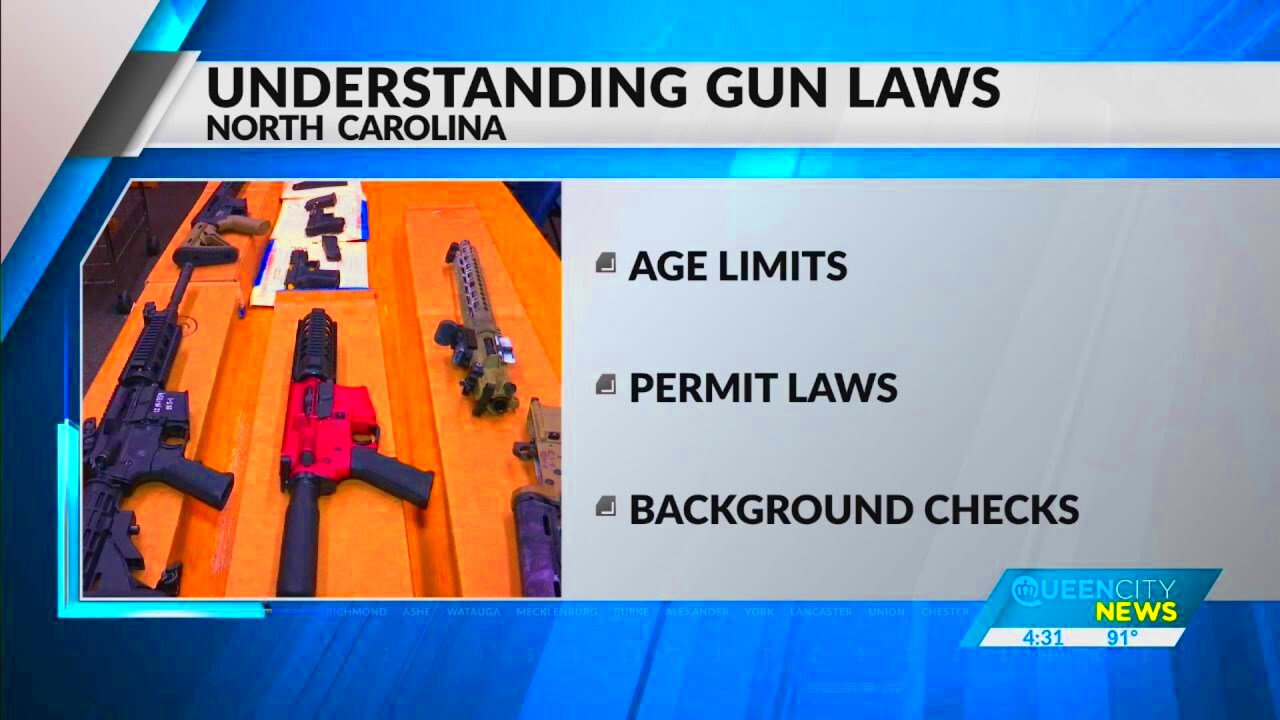
- Age Requirement: You must be at least 18 years old to own a firearm. However, you must be 21 to purchase a handgun from a licensed dealer.
- Background Checks: Federal law requires background checks for all firearm purchases from licensed dealers. Private sales do not always require a background check, but it’s recommended for safety.
- Registration: South Carolina does not require firearms to be registered. However, owners must keep proof of purchase and details about the firearm for their records.
- Storage Requirements: While not mandatory, it is advisable to store firearms securely to prevent unauthorized access, especially by minors.
Concealed Carry Regulations
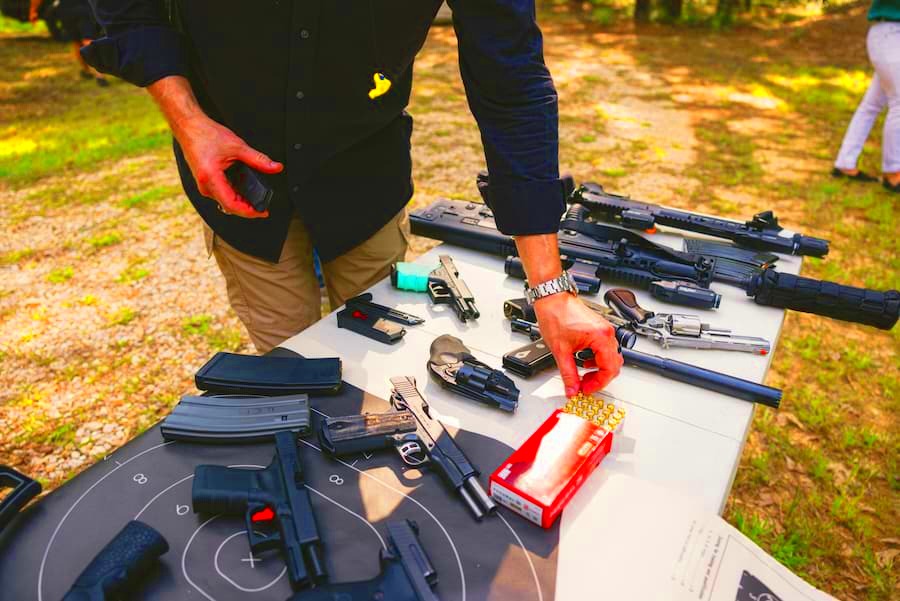
- Permit Requirement: To carry a concealed weapon, you must obtain a Concealed Weapons Permit (CWP). This involves passing a background check and completing a state-approved training course.
- Application Process: Apply through the South Carolina Law Enforcement Division (SLED). The process includes submitting fingerprints, a completed application, and proof of training.
- Eligibility: Applicants must be at least 21 years old, a U.S. citizen or legal resident, and have no felony convictions or certain misdemeanors.
- Carry Restrictions: Even with a CWP, firearms are prohibited in certain places, such as schools, government buildings, and private property where guns are banned.
- Renewal: Permits are valid for five years and must be renewed. Renewal requires completing a refresher course and paying a fee.
In South Carolina there are specific guidelines to regulate open carrying of firearms. Open carry refers to carrying a firearm clearly in the public. Here’s some important information:Firearm laws regarding felons in South Carolina are very strict. Those with having felony conviction face major restrictions:Numerous regulations designed to promote safety and adhere to the law govern the sales as well as transfers of guns in South Carolina:
Open Carry Guidelines
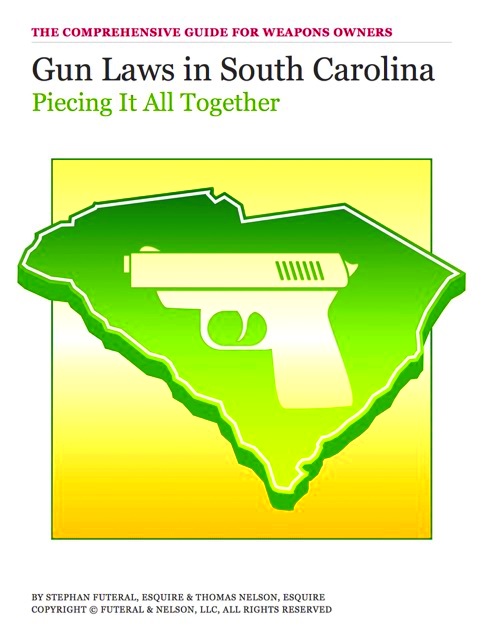
- Permit Requirement: Open carry is generally not allowed without a Concealed Weapons Permit (CWP). However, with a CWP, you can carry a firearm openly.
- Restrictions: Even with a permit, open carry is restricted in certain areas, including schools, government buildings, and private properties that prohibit firearms.
- Local Regulations: Some municipalities may have additional restrictions on open carry, so it’s essential to be aware of local laws.
- Displaying Firearms: When carrying openly, the firearm must be in a holster or a case that is readily visible. It cannot be carried in a manner that is concealed or hidden.
- Interaction with Law Enforcement: If approached by law enforcement while carrying openly, it’s advisable to inform the officer that you are carrying a firearm and comply with their instructions.
Gun Ownership for Felons
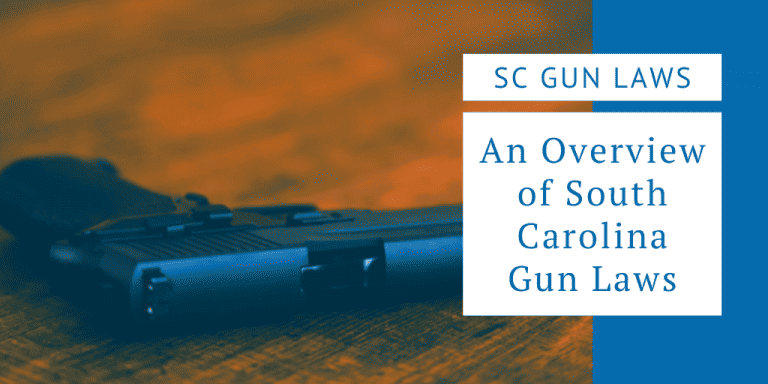
- Firearm Prohibition: Felons are generally prohibited from owning or possessing firearms. This includes both state and federal laws.
- Restoration of Rights: Some felons may have their gun rights restored after completing their sentences, including probation or parole. This process requires a formal application to the state’s Board of Pardons and Paroles.
- Application Process: To apply for restoration, individuals must demonstrate good conduct and complete all terms of their sentence. The application involves a detailed review and possibly a hearing.
- Legal Advice: Due to the complexity of these laws, felons seeking to restore their gun rights should consult with an attorney specializing in firearm laws.
Gun Sales and Transfers
- Background Checks: Federal law mandates background checks for all sales through licensed dealers. Private sales do not require background checks, although it’s encouraged for safety.
- Sales Documentation: Dealers must keep records of all transactions, including the buyer’s information and the firearm’s details. Private sellers should also keep a record of the transaction for their protection.
- Transfer Procedures: When transferring a firearm, especially between private individuals, it’s recommended to use a licensed dealer to handle the paperwork and ensure all legal requirements are met.
- Restrictions: Certain individuals, such as those with felony convictions or restraining orders, are prohibited from purchasing firearms. Sellers must verify the buyer’s eligibility.
- Interstate Transfers: When transferring firearms across state lines, federal regulations apply, and both parties should ensure compliance with both state and federal laws.
Apt and ready for any situation, self-defense laws of South Carolina immunize such individuals from criminal charges whenever they use fire arms during particular defensive situations. To avoid finding yourself breaking the law while defending yourself, it is important to understand South Carolinian legislation on this matter:Laws concerning firearms in South Carolina have seen many revisions in the last few years. It is essential to stay updated concerning them for legitimate firearm possession and utilization.Some everyday inquiries regarding firearms regulations in South Carolina:
Self-Defense Laws
- Castle Doctrine: South Carolina’s Castle Doctrine allows individuals to use force, including deadly force, to protect themselves within their own home. You do not have a duty to retreat if you are in a place where you have a right to be.
- Stand Your Ground: Outside of your home, South Carolina law permits the use of force if you reasonably believe it is necessary to prevent harm or to defend yourself from an imminent threat. This is known as the “Stand Your Ground” law.
- Use of Deadly Force: Deadly force is permissible only if you reasonably believe it is necessary to prevent death or serious bodily injury to yourself or another person. The force used must be proportional to the threat faced.
- Burden of Proof: If you use force, the burden of proof is on the prosecution to show that the use of force was not justified. If you are charged, you may need to prove that your actions were within the bounds of self-defense.
- Legal Advice: Given the complexity of self-defense laws, it’s advisable to seek legal counsel if you are involved in a self-defense incident to ensure your actions are legally protected.
Recent Changes to Gun Laws
- Concealed Carry Changes: Recent amendments have streamlined the process for obtaining a Concealed Weapons Permit (CWP). The requirements for training and background checks have been updated to enhance safety and efficiency.
- Background Check Regulations: Changes to background check procedures have been implemented to close loopholes and improve the accuracy of records. Private sales are encouraged to include background checks to ensure the buyer’s eligibility.
- Restrictions on Gun Ownership: New regulations have tightened restrictions on gun ownership for individuals with certain criminal convictions or mental health issues. These changes aim to prevent firearms from falling into unsafe hands.
- Legislative Proposals: Ongoing legislative proposals may affect future gun laws, including potential changes to open carry regulations and firearm storage requirements. Stay updated on local and state legislative developments.
- Public Awareness: It is important to stay informed about new laws and updates by checking resources from the South Carolina Law Enforcement Division (SLED) or other authoritative sources.
Frequently Asked Questions
- Do I need a permit to own a gun in South Carolina? No, you do not need a permit to own a gun, but you must follow all federal and state regulations regarding ownership and use.
- Can I carry a gun in my car without a permit? Yes, you can carry a firearm in your vehicle without a permit as long as it is not readily accessible to the driver or passengers. For concealed carry, a permit is required.
- What should I do if I am stopped by law enforcement while carrying a gun? Inform the officer that you are carrying a firearm, provide your permit if applicable, and follow the officer’s instructions. Always remain calm and respectful.
- Are there any special rules for gun ownership for out-of-state residents? Out-of-state residents must comply with South Carolina’s gun laws if they are bringing a firearm into the state. They should be aware of specific restrictions and requirements for transporting firearms.
- How can I find out about recent changes to gun laws? Stay updated by checking resources from South Carolina Law Enforcement Division (SLED), local government websites, or consulting with legal experts in firearm laws.
Conclusion
It is critical to comprehend South Carolina’s gun laws for legal compliance and your rights protection. Owner ship of guns, concealed and open carrying, as well as self-defense have been regulated by the state in order to balance between personal liberties and public safety. You will be able to make informed decisions concerning weapon use and ownership if you stay updated on these statutes and the changes they may have undergone in recent times. A lawyer should be consulted whenever you have specific legal queries or when faced with a complex scenario. Ensuring that you are informed about what is going on as well as being accountable promotes communal safety.
